Leadership expert, former preacher and prolific author John C. Maxwell asks readers to savor his chapters on the essential qualities of a leader a little at a time. He suggests reading one chapter a day like you are taking a vitamin, to give the lessons time to sink in with practice. Each of the 21 traits he cites stems from a basic value leaders can use to guide their actions. This follow-up to Maxwell's useful 21 Irrefutable Laws of Leadership is a thinner book in every way, though still nicely thoughtful. getAbstract recommends it as a source of inspiration for self-growth and reflection.
1. "Character: Be a Piece of the Rock"
People are willing to follow leaders they believe have deep character. Bill Lear, inventor of the Lear corporate jet, is this kind of a leader. Just as his company was taking off (literally and figuratively), he discovered a dangerous defect in the aircraft and asked all the owners of new Lear jets to ground their planes. The delay was a big setback. Lear fixed the problem, but it took two years to rebuild the company. Another man might have been more cautious, but Lear sacrificed his success for the sake of his integrity. Like Bill Lear, you create your own character. A crisis such as Lear's product defect often highlights a person's character. In a bind, your actions will show if you are true to your intentions. Integrity emerges in what you do, not what you say. In fact, when talented people achieve phenomenal success and then break down, psychologist Steven Berglas says their fall is often due to the lack of a strong foundation of character. To build your character, beware of the "four A's:" "arrogance, aloneness, adventure seeking and adultery." Fend off weaknesses by distancing yourself from stress sources. Get professional help...
Former preacher John C. Maxwell is a leadership expert and the founder of a leadership consulting company. He lectures on leadership principles and is the author of several leadership bestsellers, including 21 Irrefutable Laws of Leadership.






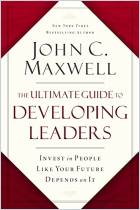

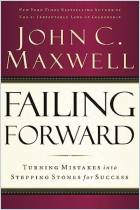
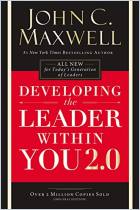
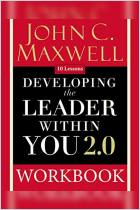
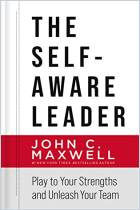
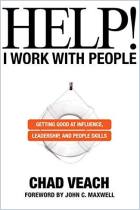
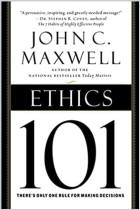

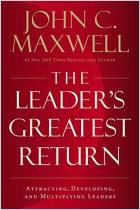
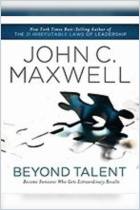
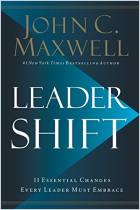
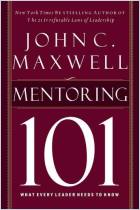
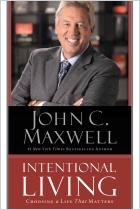
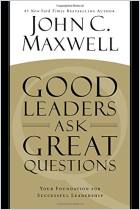
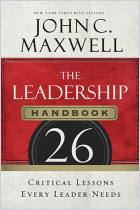
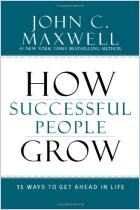
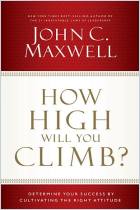
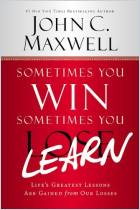
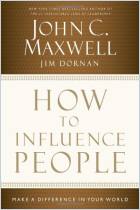
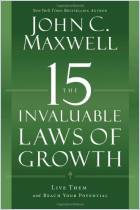
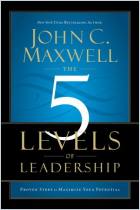
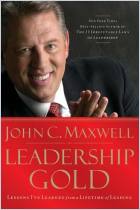

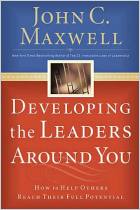
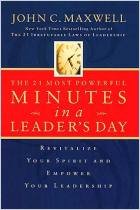
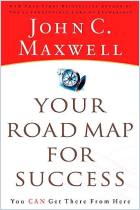
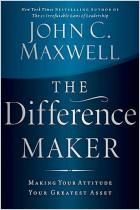
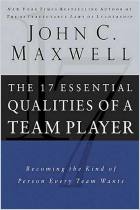
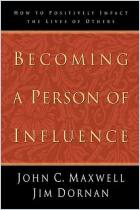
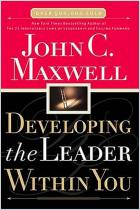
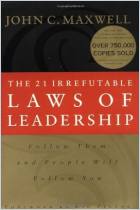
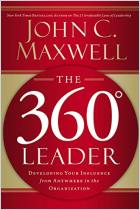
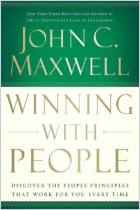
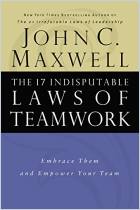
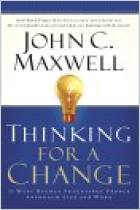
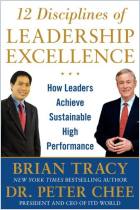
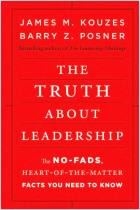
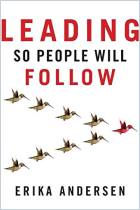

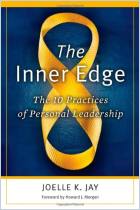


Comment on this summary